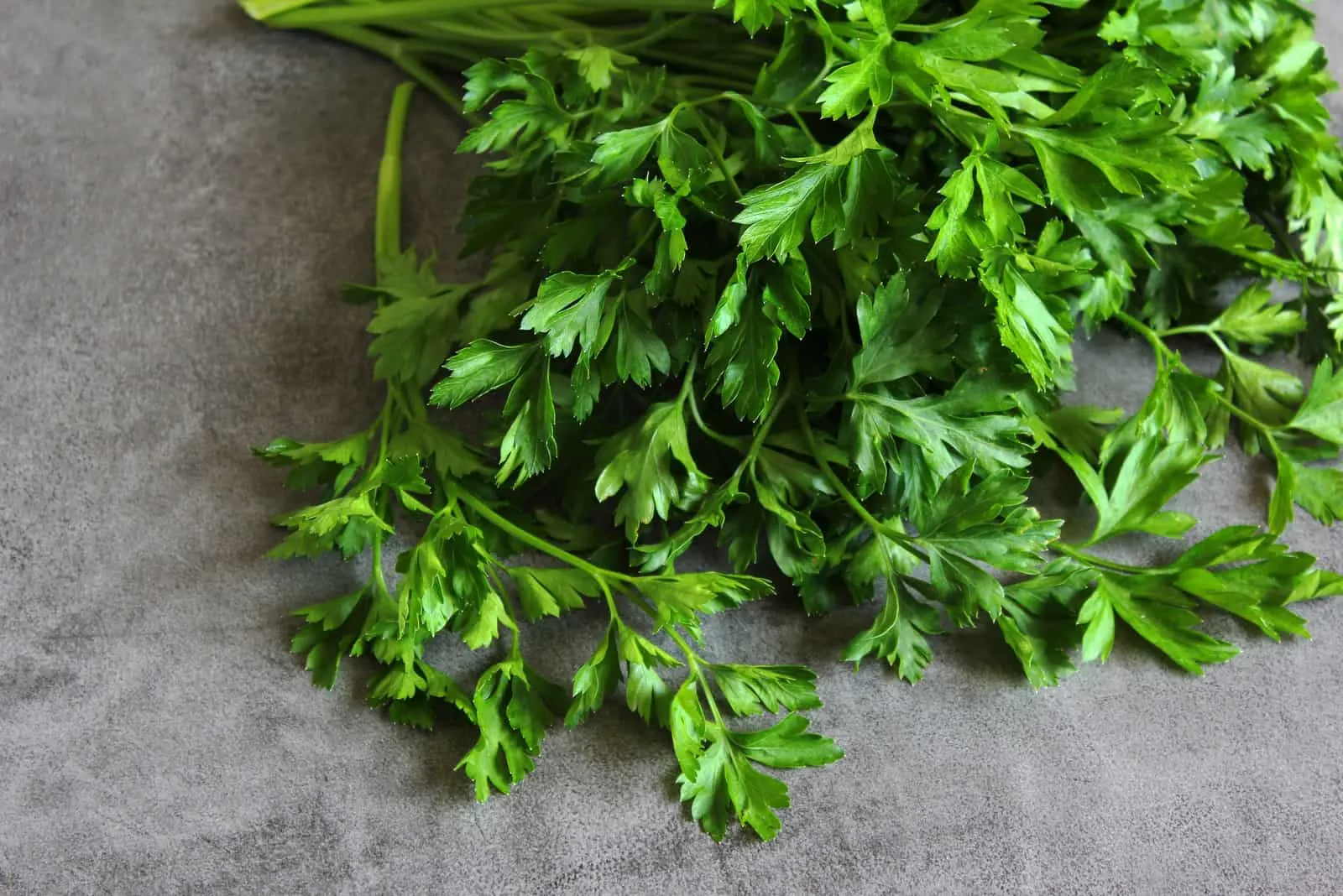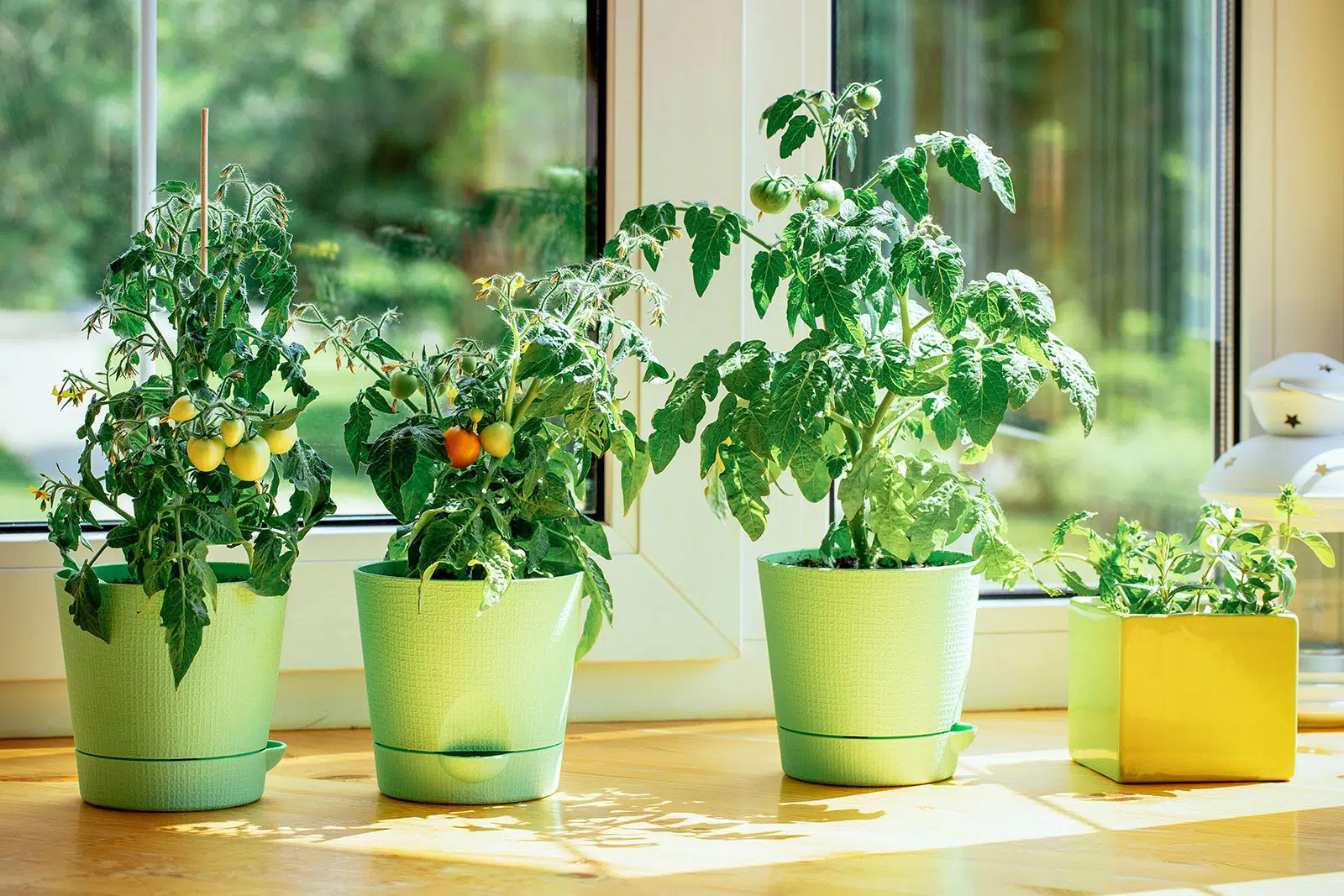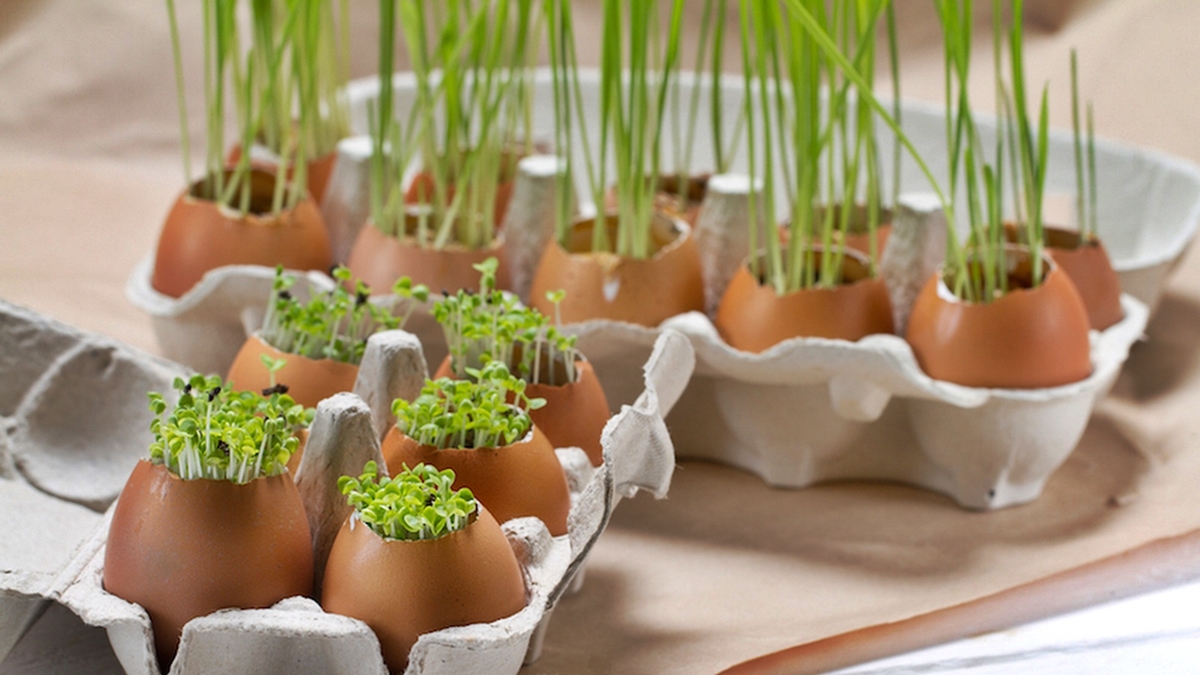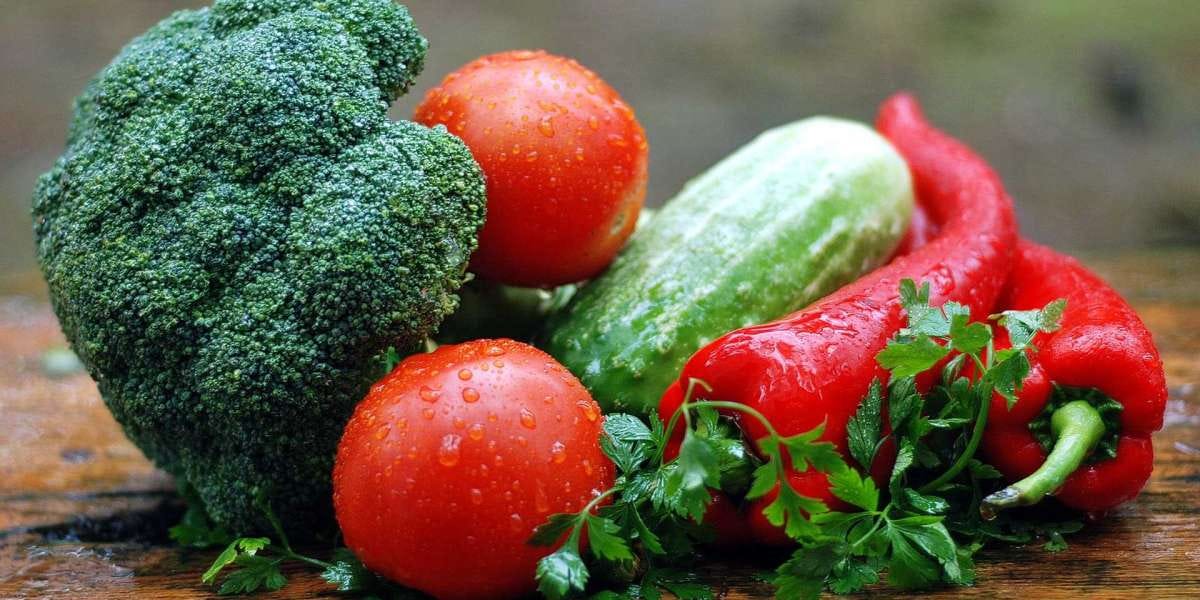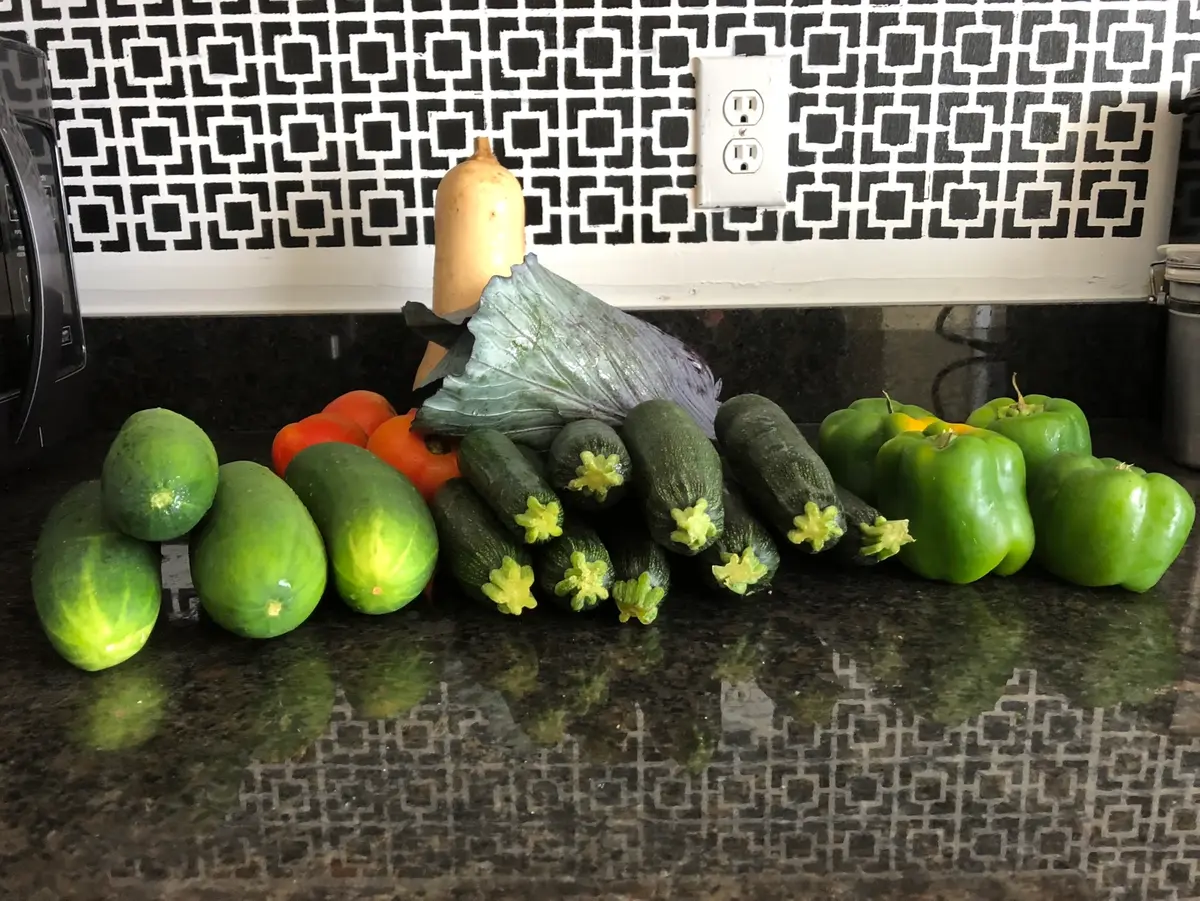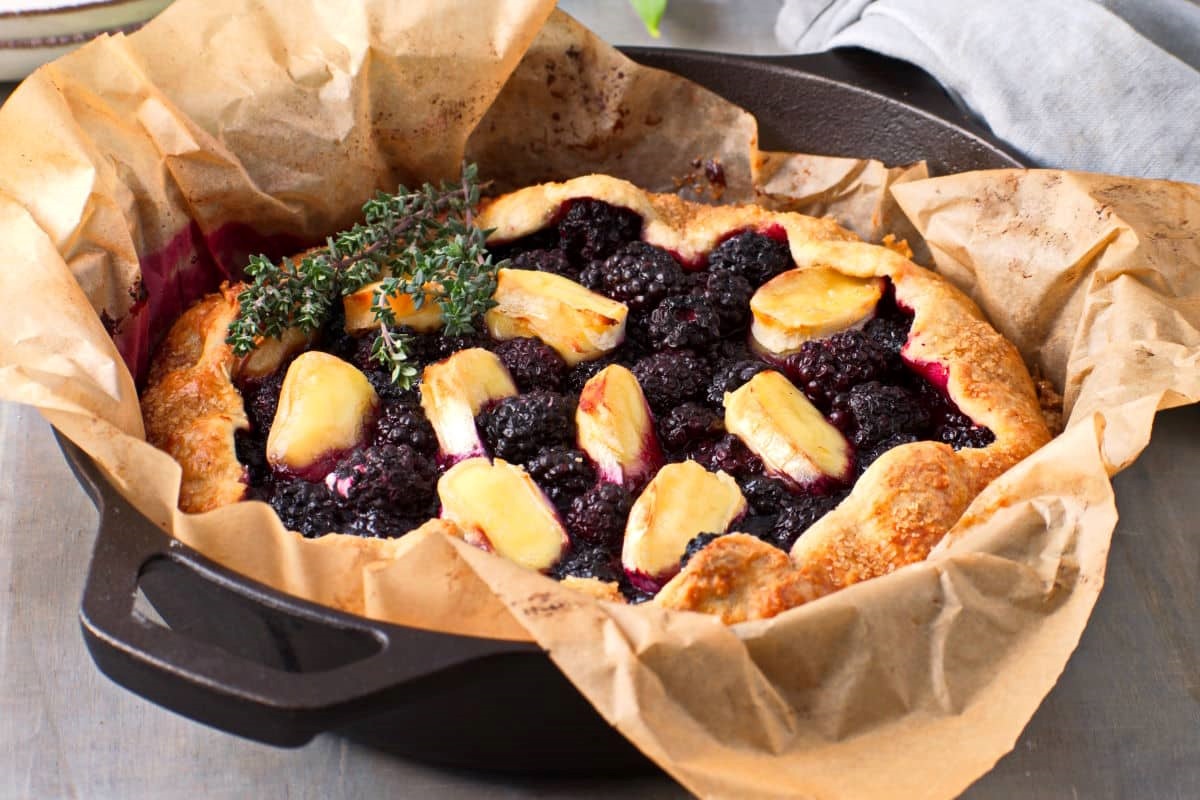Growing fresh herbs on your windowsill is a simple way to add flavor to your meals. Imagine snipping basil, mint, or rosemary right before cooking. Not only do these herbs enhance taste, but they also bring a touch of nature indoors. Whether you have a green thumb or are just starting, cultivating herbs at home is easy and rewarding. Plus, it saves money and reduces waste. In this guide, you'll learn how to grow, care for, and use fresh herbs straight from your windowsill to your plate. Get ready to transform your cooking with homegrown goodness.
Fresh Herbs from Your Windowsill to Your Plate
-
Basil
- Fresh leaves
- Olive oil
- Garlic
- Pine nuts
- Parmesan cheese
- Salt
-
Mint
- Fresh leaves
- Sugar
- Water
- Lemon juice
- Ice cubes
-
Rosemary
- Fresh sprigs
- Olive oil
- Sea salt
- Black pepper
- Lemon zest
-
Thyme
- Fresh sprigs
- Butter
- Garlic
- Lemon juice
- Chicken broth
-
Parsley
- Fresh leaves
- Olive oil
- Lemon juice
- Garlic
- Salt
- Pepper
-
Cilantro
- Fresh leaves
- Lime juice
- Olive oil
- Garlic
- Jalapeño
- Salt
-
Chives
- Fresh stalks
- Sour cream
- Lemon juice
- Salt
- Pepper
-
Oregano
- Fresh leaves
- Olive oil
- Garlic
- Red wine vinegar
- Salt
- Pepper
Tools Needed:
-
Small Pots or Containers
- Ensure they have drainage holes.
-
Potting Soil
- Use a high-quality mix for herbs.
-
Herb Seeds or Seedlings
- Basil, mint, parsley, and thyme are popular choices.
-
Watering Can or Spray Bottle
- Helps to keep the soil moist without overwatering.
-
Plant Labels
- Keep track of different herbs.
-
Scissors or Herb Snips
- For harvesting fresh herbs.
-
Fertilizer
- Choose an organic option suitable for edible plants.
-
Grow Light (Optional)
- Useful if natural light is limited.
-
Tray or Saucer
- Place under pots to catch excess water.
-
Small Trowel
- Handy for planting and repotting.
-
Measuring Spoon
- For accurate fertilizer application.
-
Notebook or Journal
- Track growth and care routines.
Grow fresh herbs on your windowsill by using small pots with good drainage. Water regularly, ensure they get sunlight, and trim often to encourage growth. Fresh herbs elevate any dish.
Fresh herbs add vibrant flavors and aromas to any dish. Growing them on your windowsill ensures a constant supply of fresh ingredients. It's also a cost-effective and sustainable way to enhance your cooking. Plus, having a mini garden indoors can be a therapeutic and rewarding experience.
Fresh Herbs from Your Windowsill to Your Plate
-
Choose Your Herbs
- Basil: Great for Italian dishes.
- Mint: Perfect for teas and desserts.
- Parsley: Versatile for many cuisines.
- Thyme: Ideal for soups and stews.
- Chives: Excellent for garnishing.
-
Select Containers
- Use small pots with drainage holes.
- Consider recycled containers like jars or cans.
- Ensure saucers to catch excess water.
-
Prepare Soil
- Use potting mix designed for herbs.
- Mix in compost for added nutrients.
- Ensure soil is light and well-draining.
-
Planting Seeds or Seedlings
- Fill containers with soil, leaving space at the top.
- Plant seeds according to packet instructions.
- For seedlings, dig small holes and place them in.
- Cover lightly with soil and pat down gently.
-
Watering
- Water thoroughly after planting.
- Keep soil moist but not soggy.
- Use a spray bottle for delicate seedlings.
-
Sunlight
- Place containers on a sunny windowsill.
- Ensure 6-8 hours of sunlight daily.
- Rotate pots every few days for even growth.
-
Fertilizing
- Use a balanced liquid fertilizer.
- Apply every 4-6 weeks.
- Avoid over-fertilizing to prevent burning the plants.
-
Pruning and Harvesting
- Trim regularly to encourage growth.
- Use sharp scissors for clean cuts.
- Harvest in the morning for best flavor.
- Avoid cutting more than one-third of the plant at a time.
-
Pest Control
- Inspect plants weekly for pests.
- Use natural remedies like neem oil.
- Remove pests by hand if necessary.
-
Using Fresh Herbs
- Rinse herbs under cool water.
- Pat dry with a paper towel.
- Chop finely or use whole leaves.
- Add to dishes just before serving for maximum flavor.
From Windowsill to Plate: A Flavorful Finish
Growing fresh herbs on your windowsill isn't just a fun hobby, it's a game-changer for your cooking. Imagine snipping off some basil for your pasta or adding fresh mint to your lemonade. These little touches make a huge difference in flavor. Plus, having herbs at your fingertips means fewer trips to the store and less waste.
Caring for these plants is pretty straightforward. Most herbs need sunlight, a bit of water, and some love. Before you know it, you'll have a mini garden right in your kitchen.
So, get started with some pots, soil, and seeds. Watch your herbs grow and enjoy the fresh, vibrant flavors they bring to your dishes. Your taste buds will thank you, and your meals will never be the same. Happy growing!
Can I grow herbs indoors if I don't have much space?
Absolutely! Windowsills are perfect spots for growing herbs. All you need is a small pot for each herb and some sunlight. Herbs like basil, chives, and mint thrive in compact spaces and bring a burst of freshness right into your kitchen.
What herbs are best for beginners to grow?
For those just starting out, basil, parsley, and mint are your best bets. They're not only versatile in the kitchen but also forgiving to the novice gardener. With just a bit of water and sunlight, they'll be ready to jump from your windowsill to your plate.
How often should I water my windowsill herbs?
Herbs prefer to stay moist but not waterlogged. A good rule of thumb is to water them when the top inch of soil feels dry. Overwatering is a common mistake, so ensure your pots have drainage holes to let excess water escape.
Do indoor herbs need special soil?
Yes, a well-draining potting mix is key for indoor herbs. Avoid using soil from your garden as it might contain pests and doesn't drain well in pots. Look for a mix designed for indoor plants or specifically for herbs.
Can I use artificial light for my herbs if my windowsill doesn't get enough sunlight?
Definitely! If natural light is scarce, grow lights are a great alternative. They can mimic sunlight, helping your herbs photosynthesize and thrive. Just remember, not all herbs require the same amount of light, so adjust accordingly.
How do I harvest herbs without killing the plant?
Snip a few leaves or stems as needed, making sure not to take more than a third of the plant at a time. This method encourages growth and ensures your herbs remain bushy and productive.
What should I do if my herbs start to flower?
Flowering can cause herbs to taste bitter. If you see flowers forming, pinch them off to encourage the plant to focus its energy on growing flavorful leaves.

